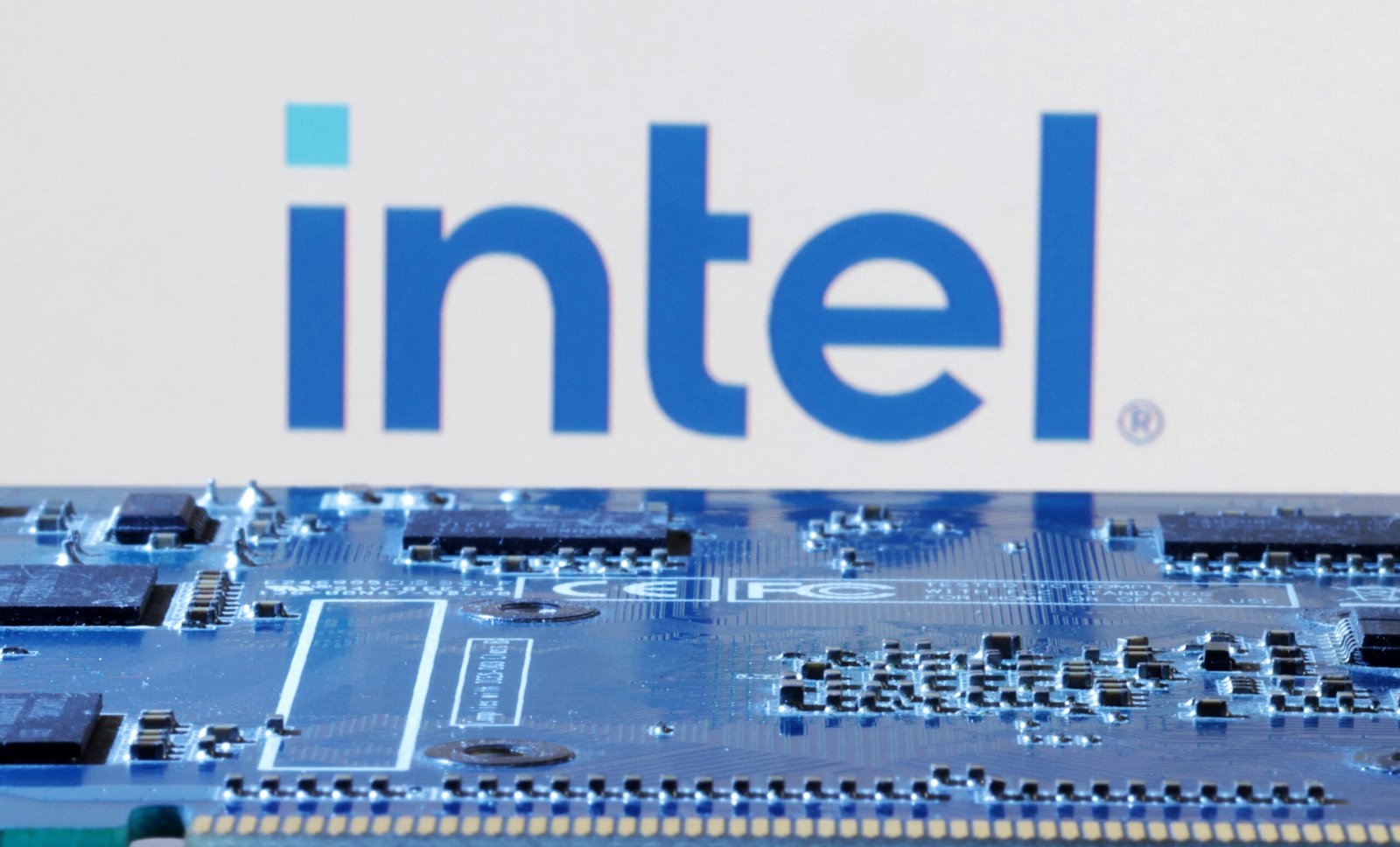The AI policy framework unveiled by Pakistan’s Ministry of Information Technology and Telecommunication (MoITT) outlines six robust pillars aimed at accelerating artificial intelligence adoption, innovation, and global competitiveness. This landmark strategy signals Pakistan’s serious commitment to establishing a resilient AI ecosystem that enhances socio-economic development.
1. Building an AI Innovation Ecosystem
The first pillar centers on nurturing an AI innovation ecosystem. Success will be tracked through metrics like the number of AI-driven startups and SMEs, growth in AI-related employment, and adoption across sectors such as smart cities, healthcare, and agriculture. Encouraging trends in venture capital flows and investment in AI ventures will also serve as key indicators of progress.
2. Enhancing Awareness and Readiness
The second pillar emphasizes awareness and readiness for AI. It outlines specific goals, including expanding AI research output, increasing patent filings, and funding research initiatives. The framework aims to cultivate a talent pool capable of sustaining advanced AI innovation.
3. Ensuring a Secure AI Ecosystem
For the third pillar—secure AI ecosystem—the focus shifts to resilience and ethics. Efforts include implementing cybersecurity protocols, setting data standards, and encouraging ethical AI practices. A cornerstone of this pillar is synchronizing data infrastructure across agencies like WAPDA, NADRA, and FBR to enable secure, real-time data sharing.
4. Driving Transformation Across Sectors
The fourth pillar, transformation and evolution, aims to integrate AI into mission-critical sectors. It calls for tailored roadmaps for education, healthcare, agriculture, and governance, along with upskilling the workforce to adapt to AI-powered workflows.
5. Expanding AI Infrastructure
The fifth pillar, AI infrastructure, focuses on building the computing backbone essential for AI. Plans include developing national computing grids, establishing AI hubs, ensuring data accessibility, and offering cloud-based infrastructure to support research and commercialization.
6. Building International Partnerships
Finally, the pillar of international partnerships and collaborations emphasizes global engagement. Pakistan will pursue research alliances, participate in international AI forums, and align with global standards to bolster its connectivity with the broader AI landscape.
Why This AI Policy Framework Matters
Framing a clear roadmap for AI via these six pillars positions Pakistan to:
- Gain economic momentum through innovation
- Drive industry modernization
- Enhance public service delivery
- Elevate global competitiveness in emerging technologies
Of particular note is the plan to train one million individuals in AI-related skills by 2027—an indicator of the scale of the policy’s ambition.
Learnings from Academic Research
A related scholarly study advocates for treating AI as a strategic industrial sector, not just a technological add-on. It emphasizes building product-focused innovation, infrastructure independence, and fostering public-private collaboration to mitigate reliance on foreign technologies—all principles echoed in MoITT’s six-pillar strategy.
Charting Pakistan’s AI Future
Pakistan’s AI policy, grounded in a six-pillar framework, provides a structured path toward digital transformation. From nurturing an innovation ecosystem to cultivating global alliances, the strategy offers a balanced and comprehensive approach.
If implemented effectively, this policy can transform Pakistan into a regional AI leader, drive inclusive growth, and empower the nation to shape its own digital destiny.
Let me know if you’d like support expanding this into infographics, add local context, or include SEO-ready meta titles and tags!



